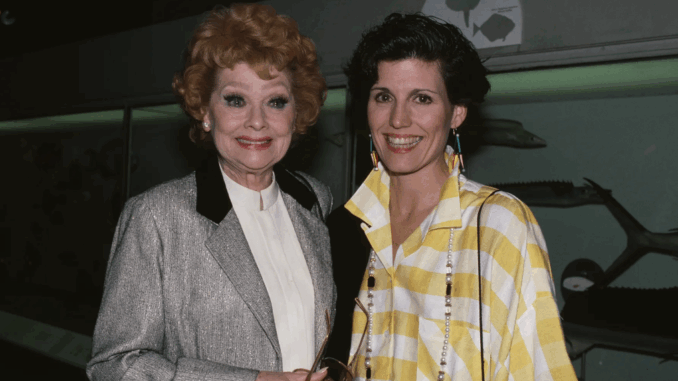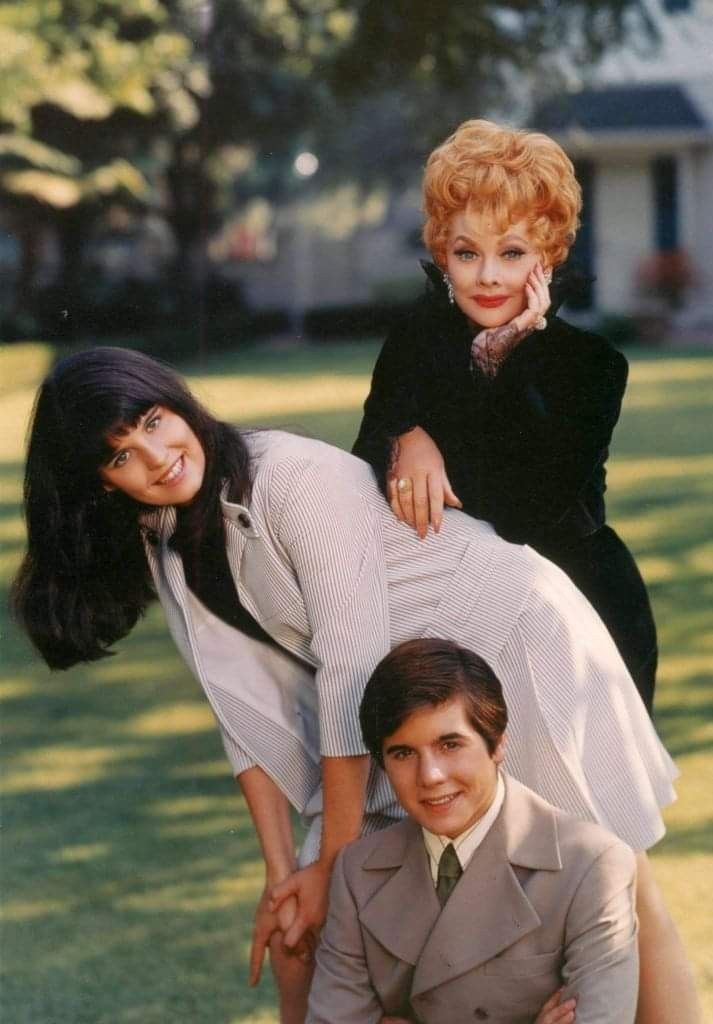
When you think of Lucille Ball and I Love Lucy, the first images that spring to mind are likely iconic: Lucy stomping grapes, frantically wrapping chocolates on a conveyor belt, or her face contorted in a silent, hilarious scream. The show was a comedic phenomenon, a global sensation that defined an era of television. But beneath the slapstick and infectious laughter was a quiet, yet profound, revolution in how women were portrayed on screen, led fearlessly by Lucille Ball herself.
Daring to Be Real: Pregnancy On-Air and Beyond
In an age where television was still finding its footing and strict moral codes dictated what could be shown, I Love Lucy shattered taboos. In 1952, Lucille Ball, genuinely pregnant with her second child, decided to incorporate her pregnancy into the storyline. This was unprecedented. Networks were terrified, even forbidding the use of the word “pregnant,” opting for “expecting.”
But Ball and her husband, Desi Arnaz, insisted. They knew it was authentic to their lives and, more importantly, to the lives of countless American women. By bravely showing a pregnant woman as a central character, actively living her life (and getting into hilarious scrapes), I Love Lucy normalized a fundamental aspect of womanhood on a public platform like never before. It was a massive, if subtle, victory for realism and representation.
The Woman Who Led the Charge (and the Company)
Lucy Ricardo, the character, was often impulsive, sometimes chaotic, but always the driving force behind her schemes. She wasn’t content to be just a homemaker; she yearned for more, whether it was a career in show business, a business venture, or simply a night out without Ricky’s permission. This portrayal was groundbreaking. While many female characters of the era were passive or subservient, Lucy was the instigator, the dreamer, and the one who often dragged everyone else into her orbit. She wasn’t just reacting to men; she was acting, creating, and often failing spectacularly – only to get right back up.
What’s even more revolutionary is the woman behind the character. Lucille Ball, alongside Desi Arnaz, co-founded Desilu Productions, the studio that produced I Love Lucy. Ball wasn’t just an actress; she was a shrewd businesswoman, a pioneer who understood the technical aspects of television production (like the multi-camera setup that became the industry standard). After her divorce from Arnaz, she became the sole owner of Desilu, making her the first woman to head a major Hollywood studio. This wasn’t just a win for her; it paved the way for countless women in entertainment leadership.
Falling Down, Getting Back Up: The Power of Resilience
Lucy Ricardo’s comedic brilliance often came from her spectacular failures. She’d get herself into outlandish situations, face humiliation, and quite literally fall flat on her face. But the beauty of Lucy was her indomitable spirit. No matter how disastrous a scheme, how embarrassing a mishap, she always dusted herself off, learned (sometimes), and launched into the next adventure with renewed vigor.
This portrayal of a woman who could be silly, flawed, and yet incredibly resilient was a powerful message. It showed that perfection wasn’t necessary for relatability or love. It gave women permission to try, to fail, to laugh at themselves, and to keep going.
I Love Lucy was more than just a funny show. It was a testament to Lucille Ball’s audacious vision and fearless spirit. By daring to be real, to lead, and to embrace imperfection, she didn’t just entertain millions; she quietly, yet fundamentally, reshaped how the world viewed women on screen, leaving an indelible mark on television history.
